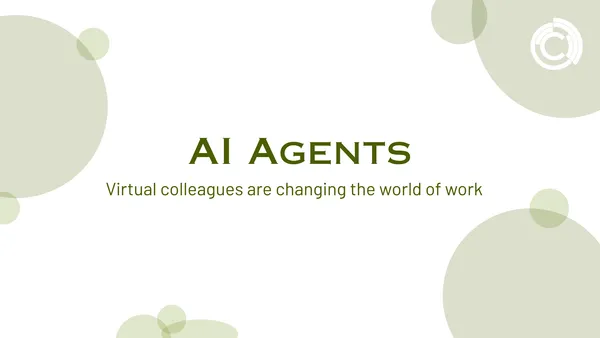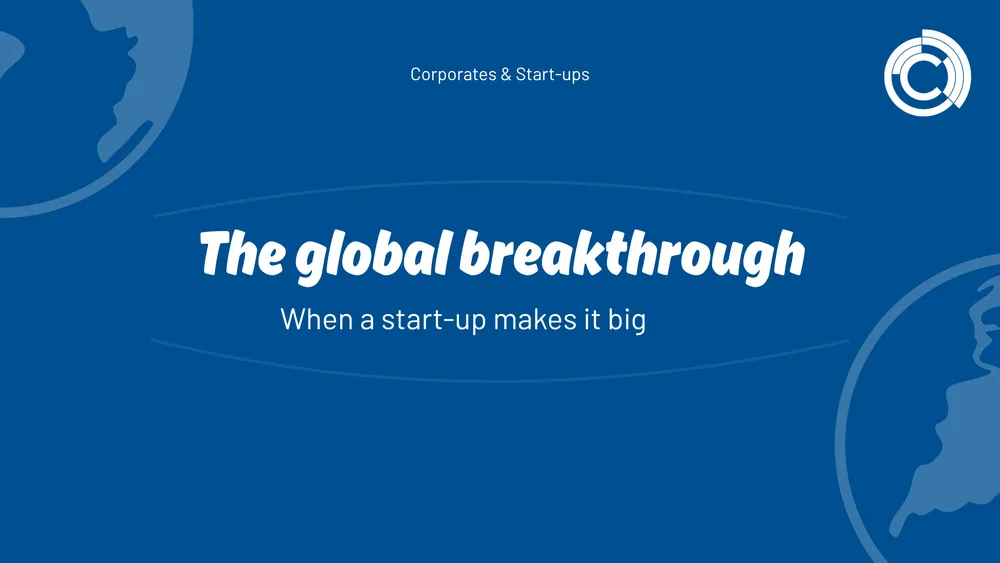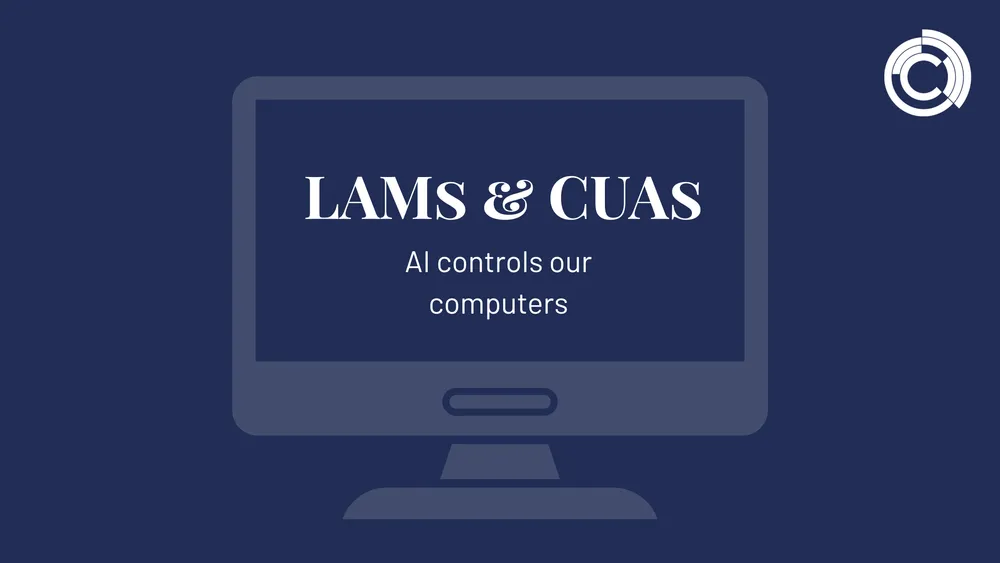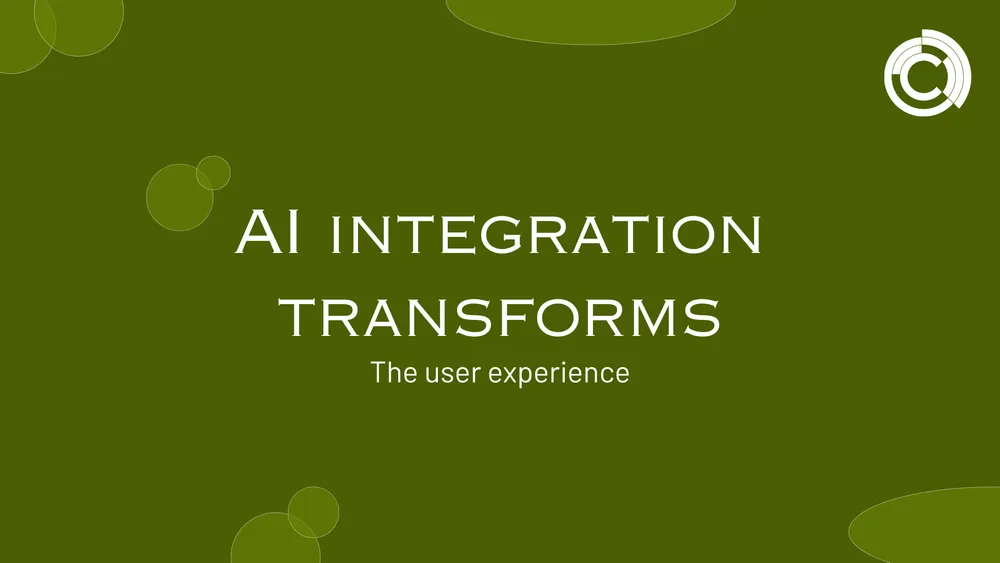
CCNet
Sep 22, 2025 • 3 min read

AI Agents – Virtual Colleagues Transforming the World of Work
Artificial intelligence is no longer just a topic for the future but has become a reality in the everyday work of many companies. After chatbots and voice assistants, a new generation of digital helpers is arriving in 2025: AI Agents. These virtual colleagues can do more than simply answer questions – they act independently, make decisions, and automate complex workflows. This opens up an opportunity for companies to fundamentally increase their productivity.
From Chatbots to Autonomous Assistants
While previous systems such as chatbots mainly handled simple requests, AI Agents are capable of taking over entire processes. For example, an agent can change customer addresses, organize appointments, or process complete orders – all without employee intervention. This sets them apart from traditional tools: they act proactively and can be integrated into company systems so that routine tasks run fully automatically.
Productivity as a Key Factor
For management, AI Agents are primarily a way to make efficiency gains visible. Studies predict that by 2030, up to 70% of today’s working hours could be automated. This does not necessarily mean job losses, but rather a shift: routine tasks disappear, while space opens up for more creative and strategic work. Companies that adopt AI Agents early can secure a decisive competitive edge.
Fields of Application in Practice
The areas of application are wide-ranging:
- Customer Service: Automated chat and phone agents respond to inquiries in real time.
- Sales: Agents analyze customer data, prepare offers, and shorten response times.
- HR & Recruiting: Digital assistants identify suitable candidates, organize interviews, and support onboarding.
- IT & Administration: Automated ticket systems or code generation ease the burden on specialist departments.
A practical example: An international payment service provider already employs an AI agent that handles millions of customer conversations, replacing hundreds of full-time positions. Customer satisfaction remains at the same level – while costs are significantly reduced.
Impact on the Labor Market
For executives, the question is: Which roles will people take on in the future, and which will machines handle? One thing is clear: AI Agents help counteract the shortage of skilled workers by taking over standardized tasks. At the same time, demand grows for new roles such as AI trainers or system supervisors. Training and qualification will therefore be crucial to prepare employees for this transformation.
Opportunities and Risks for Companies
The introduction of AI Agents offers enormous opportunities:
- Scalability: Virtual assistants can be replicated infinitely and deployed at low cost.
- Flexibility: They can be adapted to virtually any business process.
- Competitive Advantage: Companies that invest early secure innovation leadership.
But there are also risks: technical errors, ethical questions, and energy consumption are among the challenges. That’s why it’s important to develop clear guidelines for their use and implement the technology responsibly.
Conclusion: Virtual Colleagues as Gamechangers
AI Agents are here to stay. They mark the beginning of a new era in which digital assistants not only provide support but also actively shape work processes. For companies, this means: now is the right time to start pilot projects, gather experience, and adapt their structures. Those who wait risk falling behind – those who act lay the foundation for a more productive future.
For more information, see: AI Trends 2025 Ai Trends 2025
FAQ about AI trends 2025
What distinguishes AI Agents from traditional chatbots?
AI Agents act proactively, make decisions, and automate entire processes, while chatbots usually only answer simple requests.
Which business areas benefit the most from AI Agents?
Especially customer service, sales, HR/recruiting, as well as IT & administration.
Do AI Agents threaten jobs?
They primarily replace routine tasks but create space for creative and strategic work.
How do AI Agents counteract the shortage of skilled workers?
Standardized activities are automated, freeing up more personnel resources for complex tasks.
What risks are associated with the use of AI Agents?
Technical errors, ethical concerns, energy consumption, and lack of clear guidelines.
When is the right time for companies to get started?
Now – pilot projects allow companies to gain experience before competitors gain an advantage.


